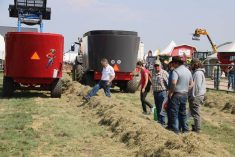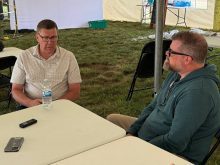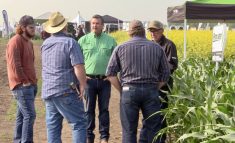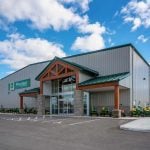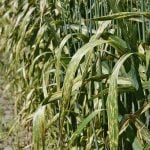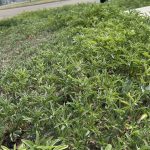Saskatchewan agriculture minister Bob Bjornerud says the province will review its farm ownership law after a recent case involving the American owner of a 99-year-old farm.
The Saskatchewan Farm Land Security Board last week granted Dale Kreimeyer, of Bethany, Oklahoma, and his sister, a lifetime exemption to the law that limits foreign ownership to 10 acres.
The board did not, however, extend that exemption to their children.
Kreimeyer and his sister inherited 640 acres in 1998 after their Canadian-born mother died. Her father had settled the Midale, Sask., farm in 1909 and she inherited the land in 1959 when she was already living in the United States.
Read Also
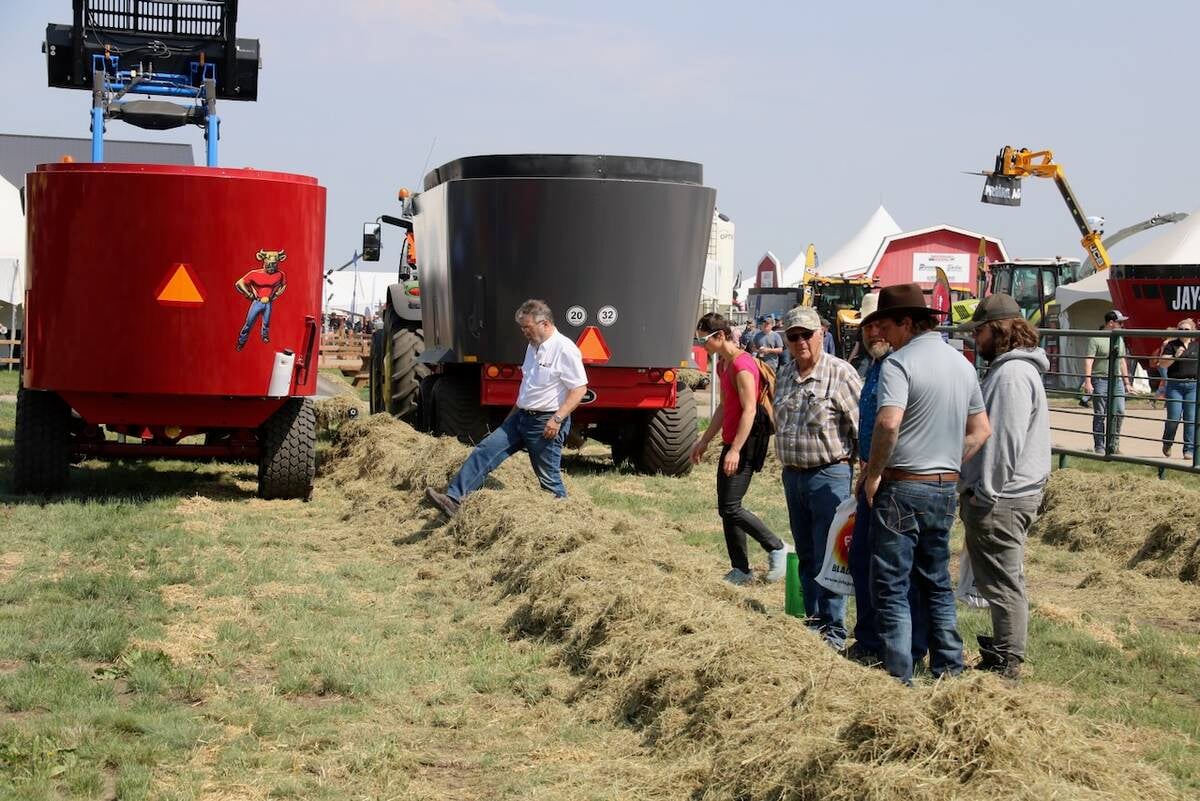
Ag In Motion 2025 draws strong attendance, more international visitors
Three clear days meant Ag in Motion 2025 saw strong attendance and a significant increase in international visitors at the large Saskatchewan outdoor farm show.
The law states that non-residents who inherit land from a non-resident, who didn’t live in Canada for five consecutive years or didn’t acquire the land when they lived in Canada, have to reduce their holdings to 10 acres within five years.
Kreimeyer obtained two five-year exemptions but had been told earlier this year that he had to sell 630 acres by November.
Since then, the board members have been replaced and the new board met last week. One of its first decisions was to grant the lifetime exemption.
Chair Dwayne Anderson said the decision was made within the framework of the existing act.
“Today we felt we have dealt with it in a sensible method,” he said Aug. 21. “We don’t believe that his mother understood the implication of dropping her Canadian citizenship.”
He also doesn’t expect the decision to set a precedent.
Agriculture minister Bob Bjornerud said the board demonstrated common sense.
“His case should’ve been handled and over with and we shouldn’t even be talking about it,” he said of Krei-meyer. “I think common sense tells you this isn’t something that threatens our way of life on the family farm.”
While the law is in place, there has to be a mechanism to accommodate situations like Kreimeyer’s, the minister said.
“We’ll deal with the legislation,” Bjornerud said. “We’re going to review it and we’re going to fix it.”
The act was changed in 2002 to remove ownership restrictions on Canadians who live elsewhere.
The minister agreed the intent of the legislation is to prevent absentee landowners and corporate ownership, but he said there should be a balance.
“We don’t want to open it up to the point where all of a sudden there’s corporations from all over the world owning big blocks of land here,” he said. “We have to find that balance right now. Maybe we’re there, maybe we have to go a little further.”
Bjornerud said any legislative changes likely wouldn’t be introduced until the fall of 2009. He wants to consult with farm organizations and examine the existing act more closely before considering changes.
Anderson agreed the entire question of ownership should be re-examined. He said the board has “applications of all stripes” in front of it right now.
Kreimeyer, 55, said he was pleased with the decision but had hoped it would also extend to his sons.
“If I die, then my children will have the same problem,” he said. “I got half my goal.”
He is still considering an application for dual citizenship. His land is rented and since his story hit the national media Kreimeyer said he has had offers to buy. Right now he is considering getting into the cattle business.





